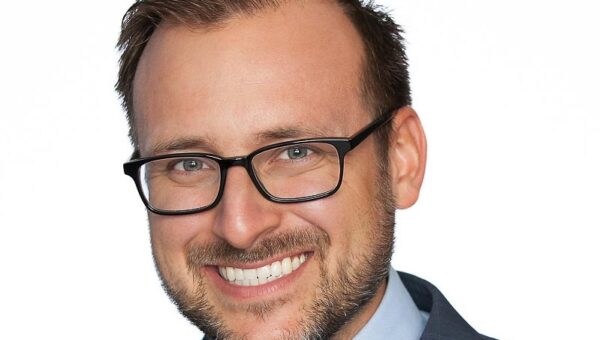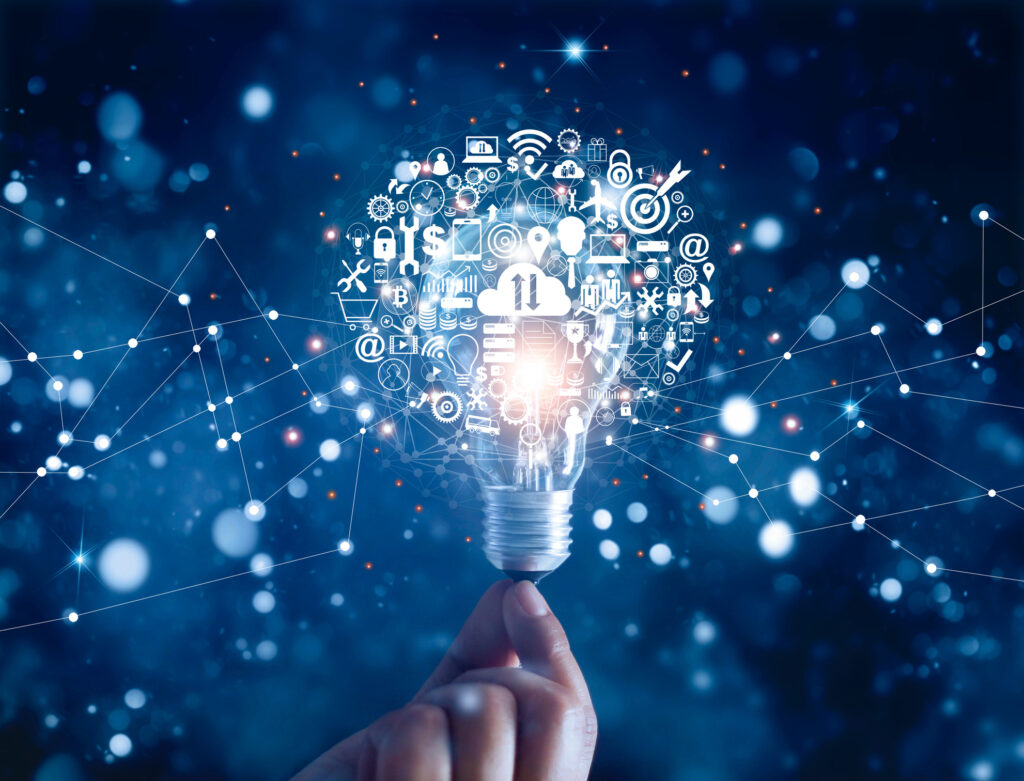
The Private Sector Steps Up: How Companies are Combatting COVID-19

During this time of unprecedented uncertainty and a potential recession on the horizon, it’s more crucial now than ever for us to support one another: and the private sector is stepping up.
It’s easy to get caught up in all the negative news that seems to hit us every day: U.S. cities are currently under quarantine, businesses are struggling to survive, and the federal government warns of a potential 20% unemployment rate. Many people and industries are hurting right now- from hospitality and retail to transportation and real estate.
But businesses and nonprofit organizations are playing an important role in combatting the coronavirus spread. They’re using money as well as their expertise and resources to support those who are struggling, ease pressure on our supply chain, and help guide us through this crisis. It’s especially important now for companies to find creative ways to assist those in need.
Here are a few corporations who are leading the way during this challenging time:
UPS: The well-known global logistics company is putting its expertise to good use during this crisis. UPS is partnering with the federal government to bring local coronavirus testing sites to several U.S. cities. They’re utilizing their logistics planning and transportation infrastructure to support drive-up test facilities around the country. UPS has been involved in combatting this virus since the beginning: they were among the first companies to provide air cargo shipments of face masks and other protective equipment in China.
Dig Food Group: Our client Dig Food Group has donated over 50,000 pounds of food in the past week to individuals in need through Dig Feeds. What started as a donated bowl for every bowl ordered online, quickly evolved into cooking pre-made meals for hospital workers, supplying fresh produce to food pantries and working with nonprofits like Bowery Mission, City Harvest, Sylvia Rivera Soup Kitchen to make sure people have access to food.They’re still accepting requests for donations at ideas@nulldiginn.com
PowerMyLearning: The national digital learning nonprofit PowerMyLearning is helping school and district leaders to implement remote learning plans in response to COVID-19. They are now offering their Family Playlists program completely free of charge for all schools and districts impacted by school closures. These mobile-friendly, multilingual learning assignments are a great way to support students’ learning while keeping families connected.
BYD: The Chinese manufacturer of electric vehicles is mass-producing sanitary face masks from its overseas plant. The plant can produce 5 million masks and 300,000 bottles of disinfectant per day. BYD is growing its efforts to help alleviate severe shortages that have affected hospitals in the face of the COVID-19 global outbreak.
Telecom: Comcast, Charter, Verizon, Google, T-Mobile and Sprint have signed a pledge to keep Americans internet-connected for the next 60 days, even if people cannot afford to pay.
3D Printing: The 3D printing community has responded to this global crisis in a creative and crucial way: producing medical supplies for expensive life-saving coronavirus treatments at a fraction of the cost, as well as other items in short supply like personal safety equipment and hospital space. In Italy, designers printed 100 valves in a day for $1 after a local hospital ran out. Other global 3D companies have printed safety goggles, hand sanitizer holders, a hands-free door handle attachment, and 3D printed quarantine booths for Chinese hospitals. As our healthcare community becomes overloaded, and our resources continue to deplete, 3D printing provides an innovative, cost effective way to ease the pressure on our supply chain and on government.
NBA: Teams and players from the NBA and across the sports world have announced plans to help compensate stadium and arena staff in their cities. Without any games or events, these workers, who are typically paid by the hour, would not receive a paycheck. Brooklyn Nets owner Joe Tsai announced he is putting a plan in place to help out Barclays Center staff, who he calls the “bedrock of the fan experience”. It’s impressive to not only see franchises, but also individual players step up. Rudy Gobert, the first NBA player to test positive for the coronavirus, will donate $500,000 to various causes, including $200,000 to game-day employees for the Utah Jazz. See the running list of all the NBA teams giving back.
Bloomberg Philanthropies: The charitable organization is expected to donate $40 million to combat coronavirus. In addition, former NYC Mayor Michael Bloomberg announced his charity will organize a Coronavirus Global Response Initiative to ensure low and middle-income nations have rapid funding to slow the transmission of the virus and minimize the impact of outbreak, with a specific concentrations in Africa.
Alibaba: Chinese billionaire Jack Ma, co-founder of Alibaba, is donating masks, test kits, and protective suits across all 54 countries in Africa. His foundation will donate a total of 1.1 million testing kits, six million masks, and 60,000 protective suits and face shields. He believes it would be negligent to ignore his responsibility as a member of the global community.
Shine Distillery: We all know the golden rule to prevent spreading germs: Wash your hands and if you can’t, use hand sanitizer. But hand sanitizers are in high demand right now, which has prompted distilleries like Shine Distillery in Portland to create their own alcohol-based solutions and distribute their product for free.
Facebook: Facebook launched a $100 million program to help small businesses impacted by COVID-19 who are struggling with temporary closures. The funds are available for up to 30,000 eligible businesses in over 30 countries.
Amazon: This week, Amazon announced that they are opening up 100,000 new full and part-time positions across the U.S. to meet the surge of online orders during the outbreak. The company is also investing over $350 million in increased compensation for hourly employees in the U.S., Europe and Canada through the month of April.
Commercial Retailers: Stores like Whole Foods, Target, and Dollar General are opening early with specific shopping times for those who are most at risk of being severely affected by COVID-19, like seniors and those with underlying health conditions. Families are counting on these outlets to get their critical supplies like food and medication. Target is also closing early to give employees more time to clean and restock the shelves, which have been emptying at a fast pace.
The Grid + Cornell Tech: In partnership with Cornell Tech, The Grid created this space for resources and information, initiatives, and news related to COVID-19. The tool is a great hub for the tech ecosystem, allowing users to navigate information, from worldwide coverage, to local New York initiatives to help communities in the city.
At Capalino, we’re seeing many businesses find creative ways to assist those in need, and we strongly encourage others from the private sector to step up and do the same. It’s more important than ever for companies and nonprofits to partner with government and the community. We can help. Contact us at travis@nullcapalino.com or 212.616.5826.
Contributions by Travis Terry, Jeanne Mullgrav, Rich Kassel, Challey Comer, and Chante Harris from Capalino


